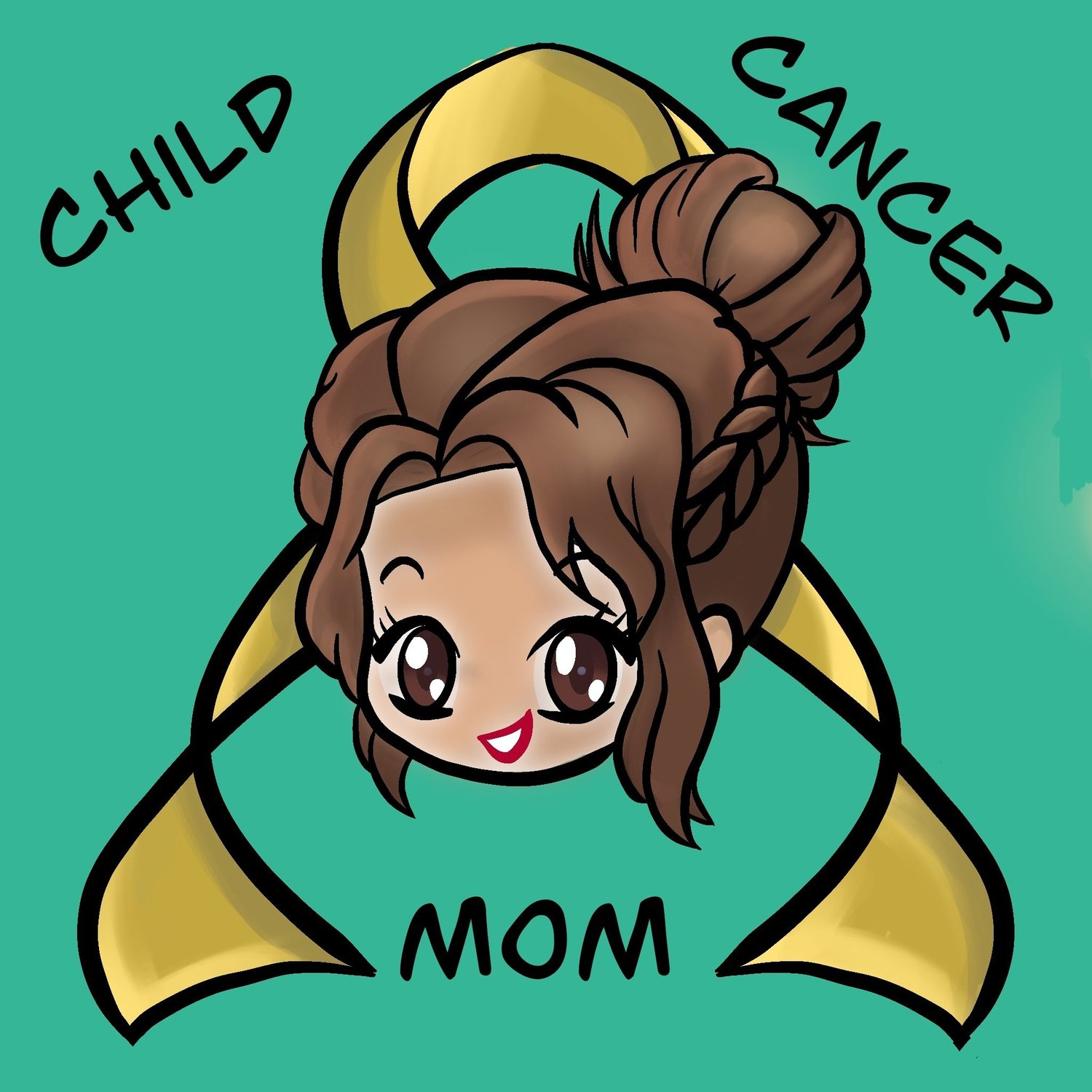Advocate, Advocate, Advocate
A Reminder to be a Participating Member of the Team
My husband was telling me an anecdote about how he heard that a few parents didn’t know that there were other medication options available to manage their child’s nausea and vomiting during treatment. They made the usual conclusion that being on chemotherapy causes nausea and vomiting so it was to be expected that their child would have those symptoms regardless of the anti-emetics (anti-nausea medications) prescribed. They didn’t mention to the oncologist how severe they thought it was and let it go. Apparently, it came up in conversation at their next visit and the medications were changed. The parents mentioned to my husband that they didn’t know there are several medication options to manage nausea and vomiting.
This stuck with me for two reasons. It made me feel thankful that my child benefits from my and my husband’s background as Pediatric Oncology Nurses. We have questioned doctor’s orders, prevented medication errors, and had open discussions with her oncologist to manage her symptoms both in the hospital and at home. When she couldn’t keep any of her feeds down, I asked for a change in her regimen. During her induction phase and stem cell rescue, she was on three anti-emetics, two of which were every three hours. It was a struggle at home to keep up with it but she was actually gaining weight once we figured it out. The second thing is that we (nurses and doctors) are taught that a parent is the best source of information on their child’s behavior (i.e. what is normal and not normal for them) so we assume that parents tell us everything. However, if a parent has had an experience where a doctor discounted what they said or assumed that certain things are normal, they may not speak up. I once took Pey’s Big Sister to the doctor for an ear infection. She had been in pain all night, had a fever and her eardrum was red (we checked it with a scope at home). The pediatrician took a look at our daughter bouncing around and giggling. He told me that no way she had an infection because if she was really sick she wouldn’t be behaving this way. I told him that it’s just her personality. After, making a big show of not wanting to look in her ear, he finally does and sees she has a pretty significant ear infection. So the moral of this story is to advocate for your child because you know them better than anyone else.
Use this knowledge of your child to be their advocate and an active member of the team. In at least the last decade, healthcare has focused on having patients and their families (in a pediatric setting) involved in care. In hospitals, the doctors and nurses will “round” (i.e. a brief meeting between doctors and nurses) to discuss your child. Everything that is going on with your child is discussed. Although this is a practice that has been going on for a long time, these “rounds” are being done at the bedside so parents can listen to what is being said and can add their two cents. This is a great opportunity for parents to bring up questions, concerns, or clarify information. Don’t be afraid to participate. I know sometimes it can be intimidating to speak to a larger group of people or culturally it is rude to question an authority figure like a doctor. By asking questions, or even truthfully describing all your child’s symptoms, you may be able to connect to resources that you didn’t know were available to you. Take my example of nausea and vomiting. What I may see as mild nausea, you may perceive as more severe and vice versa. If you think it may be too much, discuss it with your doctor. Together you can come up with a plan and if it’s not working then you can try a different idea. Your child’s oncologist’s focus is treating the cancer so other issues, although important, may fall into the background. So if you have concerns about their nutritional needs, medications, milestones, physical issues, bring them up. The oncologist can change things or connect you to a specialist in that area to help find a solution.
I do have a small disclaimer though. Be respectful as you advocate for your child. It is always disheartening when the rare parent is disrespectful, passive-aggressive, or confrontational and excuses this behavior as advocating for their child. Healthcare providers are human and have feelings so although we can’t respond to behavior in a normal way, believe me when I tell you that your reputation will follow you. Unfortunately, there are families we remember more for their volatile behavior than anything else.
So I beg of you when you see your child’s oncologist be honest about what you are seeing in your child. If you are at home or in the hospital, write down your questions or concerns so you can remember to ask. Discuss all the symptoms even the expected ones. Be an active participating member of your child’s treatment team. Your child will benefit the most from your participation.
Please comment below with any questions or suggestions. Don’t forget to subscribe to The Cancer Chronicles to be automatically notified of new posts.

